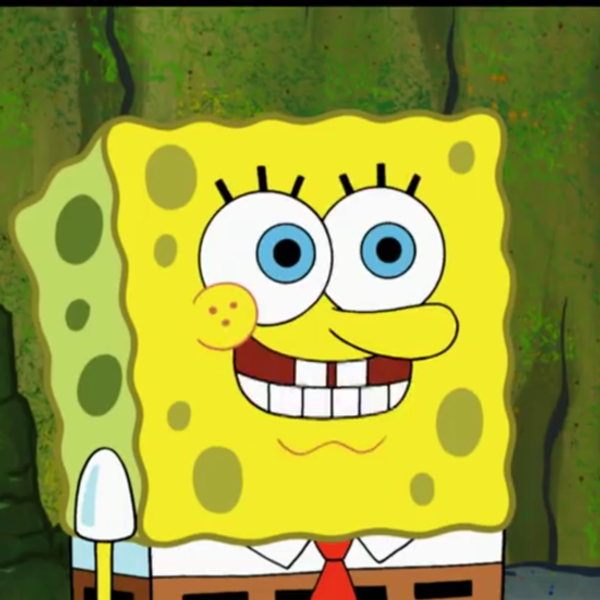Let’s talk race. Yes, race. And before you go back, thinking that I’m going to preach to you about how racism is wrong, read the next sentence, and if you still think I’m going to preach to you about the immorality of racism, then you can leave.
You are as guilty as the racists who perpetuate incidents like the riots in Charlottesville or the police shootings we’ve been experiencing in the past few years, as am I.
Why?
Because we remained silent. Because we never did anything to stop it. Because we talked about how it was wrong but never did anything to change it. Because we’d protest for change for a day or two and then go back home. Because we’d update our Instagram profiles to say “#BLM” in our descriptions and we’d tweet “Thoughts and prayers to the families of the victims,” and we’d change our Facebook profile pictures to have a filter in support of the victims, and we’d sit back thinking “I did my part, I support the victims and that’s all I can do.” Because we’d talk to our friends about what happened for about ten minutes in our day and agree on the conclusion that something needs to change, but we would do nothing to instigate that amendment.
And if you think that’s all there is to speaking out against racism, then you are as guilty as the Klan is for Charlottesville.
I feel like each era has a race-defining event, something that, for a period of time, focuses on a certain demographic. The fifties were engulfed by McCarthyism, the sixties continued an anti-Communist perspective, and the seventies gave rise to an anti-Arab movement. I grew up in the post-9/11 era, so you can guess that I grew up in an era defined by anti-Muslim rhetoric. But what I’ve noticed is, that we’re slowly shifting from anti-Muslim rhetoric to a more anti-minority hegemony. And you can deny it all you want, but when the President wants to build a wall separating the U.S. and Mexico and place trade embargos on Cuba and China and create travel bans for people from Muslim countries and when he does not empathize with the victims of Neo-Nazi and KKK hatred and when he denounces the rights for transgendered people to serve in the military and objectifies women and takes away the rights of those living in this country under DACA and wants to repeal the most progressive movement to universal healthcare to date, I find it impossible to reject the idea that we’re slowly becoming more progressive, because progress comes with changes that idealize a more utopian and equal society.
Here’s the dilemma: we’re moving towards a conservative society, and it won’t be long before we’re burning witches at the stake and flogging infidels like we did in the past. We need to learn to avoid the culture of hatred in America, and it starts in college campuses. The American educational system is an extensive part of this country; an enormous population of the country are college students. That’s where we need to advocate for change. After all, where better to learn about how to treat people than an institution that revolves heavily on the humanities?
I know it’s not very prevalent to find racism on college campuses, but let’s be honest: to some extent, some of us have opinions about people from other races. We don’t act on those impulsive thoughts, but we have them regardless, and sometimes our implicit behaviors can be understood as somewhat biased. The way you look at certain people or how you associate with others is a huge indicator of your own openness to other people.
Are there certain steps we can take to advocate for equality? How can we avoid pessimistic views about other people’s differences? How can we be more accepting in a world where everyone is being rejected?
I actually explored this idea in high school. I co-authored a book entitled 111th and Roberts: Where Our Stories Intersect, and it was designed to invoke empathic connections among the student body after the death of one of our teachers; Mary Ogarek. It was a compilation of student and teacher interviews, each one illustrating personal issues and memories that helped everyone eradicate any preconceived notions about groups of people.
That’s where we should begin: with an open dialogue. Open a conversation with people, understand their struggles, empathize with their adversities, there’s no room for sympathy anywhere. Understand what makes people upset.
And then act on changing everything wrong with the world.
I know it sounds very ambitious, and almost too optimistic to be possible, but it really isn’t that hard. One book changed the entire mentality of a school, and it all started with a single conversation. Imagine what you can do to the entire world with a single conversation. Wars were fought and wars have been ended because of a single word, but why can’t we use them to make schools a more accepting place?
The value of conversation is often underestimated because all rhetoric today comes from people’s own desires. And that’s where the blood comes from.
The hatred we see in America can be remedied by starting on college campuses if we realize one simple truth; the weight of ink is greater than the weight of blood. Don’t be violent, don’t shed blood, nothing comes from any of that because nothing comes from nothing. Instead, talk to your fellow classmates, to your friends, to that one kid in the back of the class. Understand not through your mind, but with your heart, because the world is irrational and we try to outwit what’s unfair and sometimes not everything can be explained away with a little logic.
When you talk, don’t hear, but listen. When you listen, don’t comprehend, but feel. Understand through your heart that everyone has a voice, and everyone matters. Empathize. No one needs your hashtags, or your sympathetic tweets or your filtered profile pictures. They only want you to listen to what they want, and for you to make them feel like they’ve been heard.



















